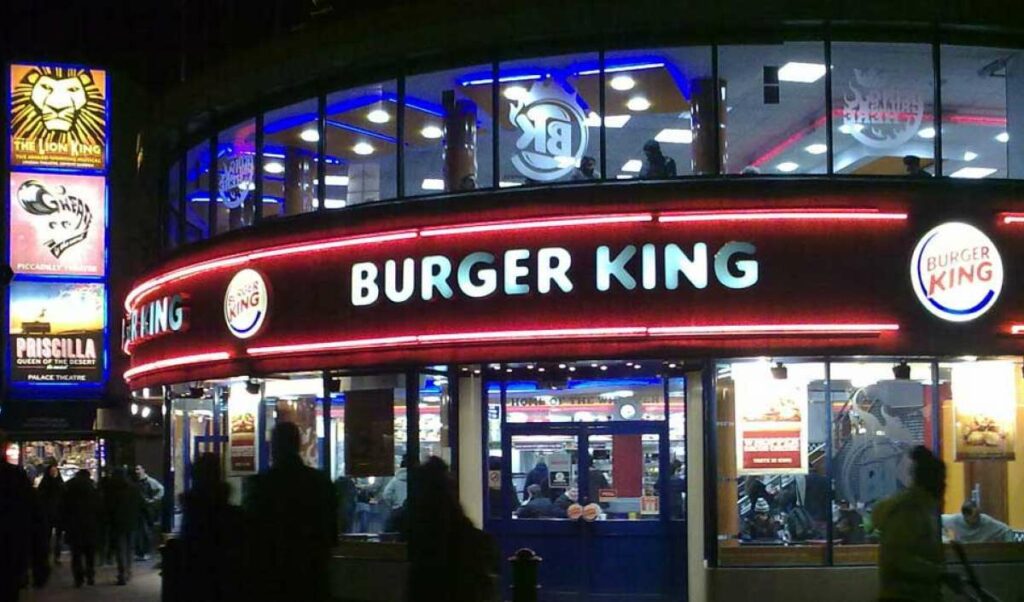Amid a surge in food inflation impacting consumers across India, Burger King has made the decision to remove tomatoes from its wraps and burgers in many of its Indian outlets. This drastic action, prompted by prices that have increased by more than fourfold, underscores the current food inflation situation. Notices displayed at specific Burger King India locations humorously stated, “Even tomatoes need a vacation … we are unable to add tomatoes to our food,” citing quality concerns as the cause. This move echoes similar actions by McDonald’s and Subway, both of which have eliminated tomatoes from their menus due to India’s food inflation reaching its highest level since January 2020.

Food Industry Shifts Amid Tomato Supply Crisis: Burger King and Domino’s React, Consumers Feel the Pinch
Burger King, a prominent burger chain in India with almost 400 outlets, is now part of the roster of establishments altering their offerings due to these circumstances. Even in the U.S., Domino’s has attempted to accommodate struggling consumers by introducing a $0.60 pizza, the most economical option worldwide. This shift in the food industry occurs concurrently with a tomato supply crisis that has triggered price surges of up to 450%, attributed to disruptions caused by monsoon rains impacting crops and supply chains.
Customer inquiries such as “Why are there no tomatoes in my burgers?” have emerged on Burger King India’s support page. The response assures customers that the Indian franchisee upholds “very high standards of quality” and promises the return of tomatoes soon. While the Burger King operator in India, Restaurant Brands Asia (RESR.NS), has not commented on the matter, the repercussions of rising food prices are becoming more evident. July’s retail inflation data indicates a 37% year-on-year rise in vegetable prices. From onions and peas to garlic and ginger, the cost of essential items has surged.
Experts Anticipate Restaurant Price Increases Amid Food Inflation Challenges in India
Amid these developments, experts like Amnish Aggarwal, head of research at India’s Prabhudas Lilladher, foresee potential price increases by restaurants if elevated prices persist. This predicament extends beyond financial challenges for foreign fast-food chains in India’s nearly $5 billion market; it also presents a concern for Prime Minister Narendra Modi’s government as they approach a national election next year.
To address the supply crisis, India has taken the initiative to import tomatoes from Nepal and has implemented mobile distribution units to provide the staple at reduced rates nationwide. Social media posts have depicted extensive queues in response to these efforts.











